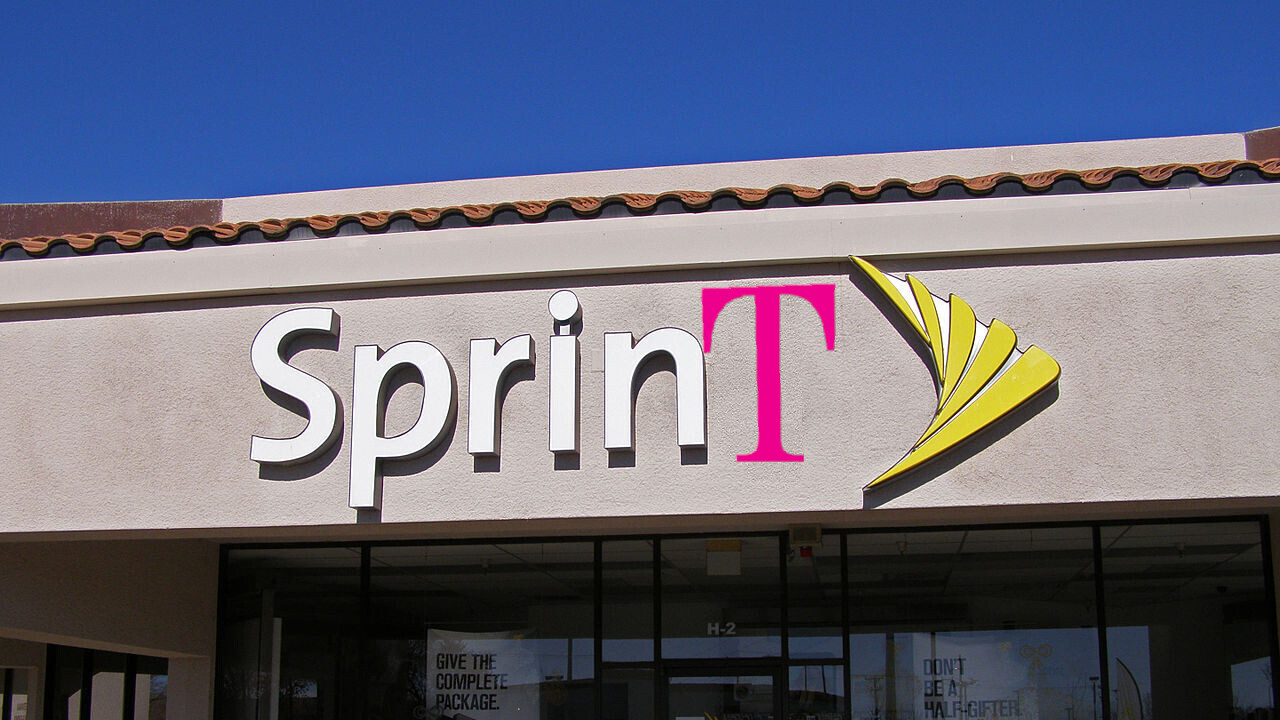
The state of New York will not appeal the approval of a $40 billion merger between wireless carriers T-Mobile and Sprint, Reuters reports.
Instead of fighting the deal, the state’s Attorney General Laetitia James told reporters her office is looking towards ensuring consumers receive better service and lower prices, highlighting that T-Mobile committed to creating jobs in the state.
Despite lauding the potential for jobs, James previously referred to the deal as “exactly the sort of consumer-harming, job-killing megamerger our antitrust laws were designed to prevent.”
The merger is an “all-stock” deal that sees the third-and-fourth largest mobile carriers in the US combine, pushing the subscriber count of the Germany-headquartered T-Mobile to well over 140 million.

Last week, Hard Fork reported that a federal judge was readying to approve the merger, with traders reacting heavily to pump the company’s share price by an impressive 75%.
When the companies struck the deal back in April 2018, it was valued at $26.5 billion, but such a positive market reaction has reportedly pushed that number to $40 billion.
T-Mobile promised the merger would bring loads of jobs to New York
Led by New York and California, the Attorney Generals of more than a dozen states kept the deal in limbo with an antitrust lawsuit filed in June last year.
They argued that reducing the number of major wireless carriers from four to three would eliminate need for competitive business practices, driving up prices for consumers.
To quell these concerns, stipulations of the deal state that T-Mobile must operate a brand new Dish-branded wireless service for a full seven years in hope that the company will grow to fill the void created by the merger.
Whether this plays out in reality is another story. Antitrust experts have already lambasted that plan, noting that building and operating a nationwide wireless network from scratch in such a short number of years has never been done before.
As for the other states that challenged the deal, California’s AG Xavier Becerra is reportedly reviewing his options, as are the AG’s of Massachusetts and Connecticut. All other states either refused to comment or did not respond to Reuters’ requests.
Get the TNW newsletter
Get the most important tech news in your inbox each week.



